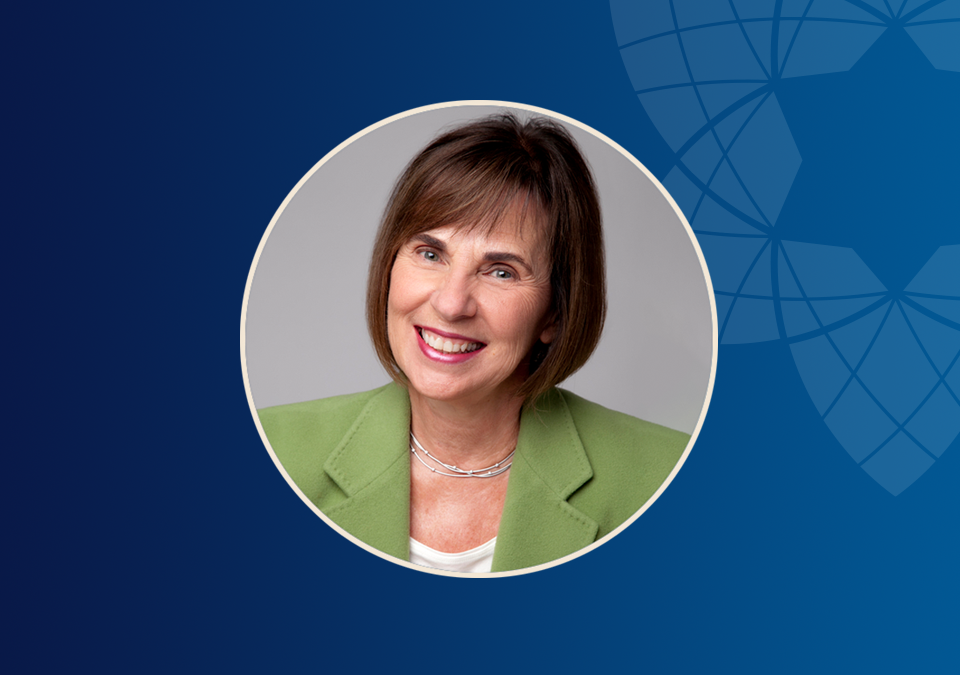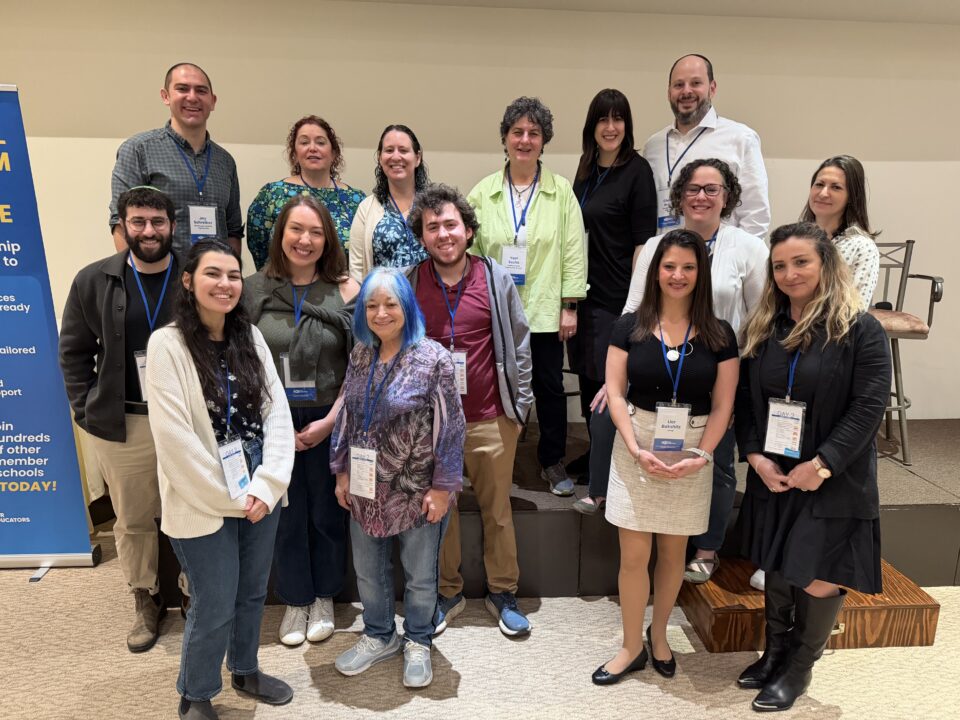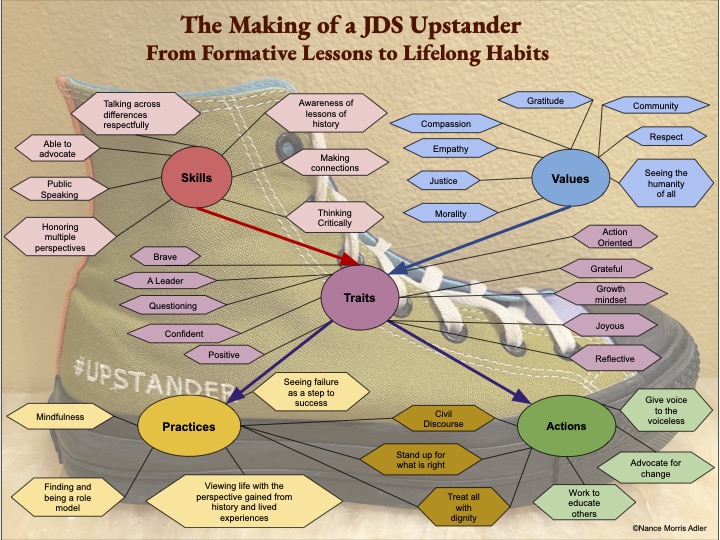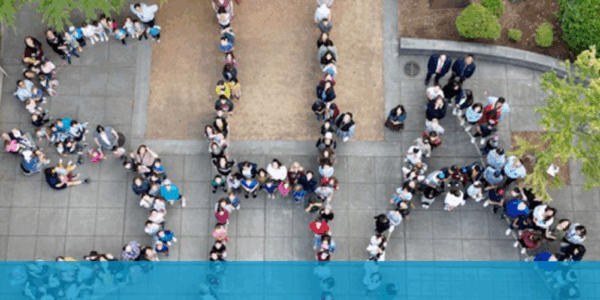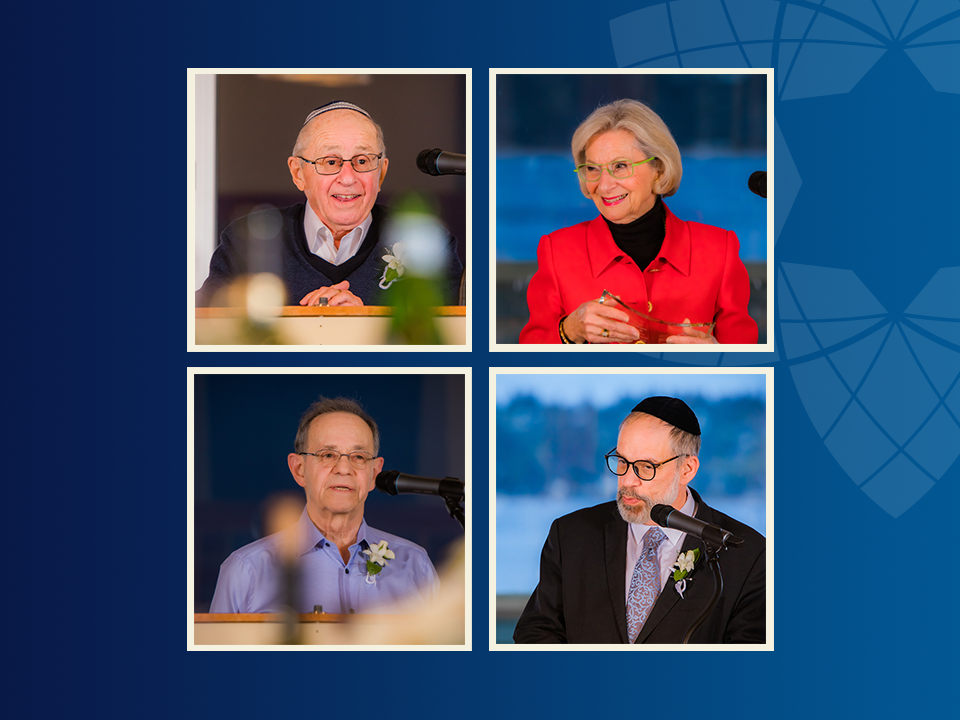
Samis Foundation Board Members Honored for their Service to the Jewish Community
May 24, 2022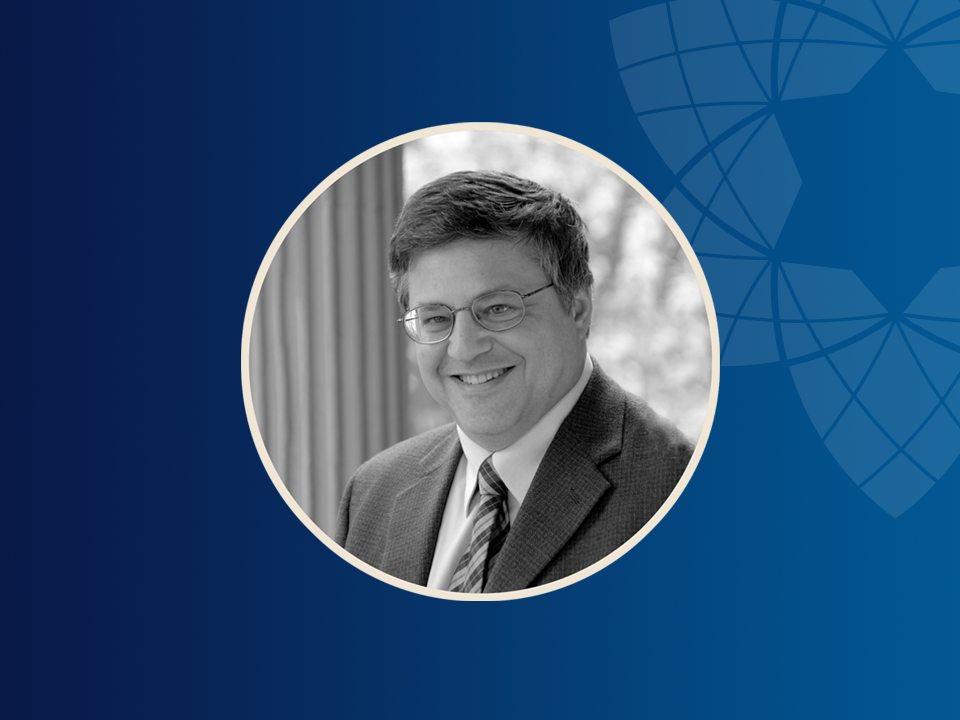
Samis Trustee Spotlight: Louis Treiger
July 5, 2022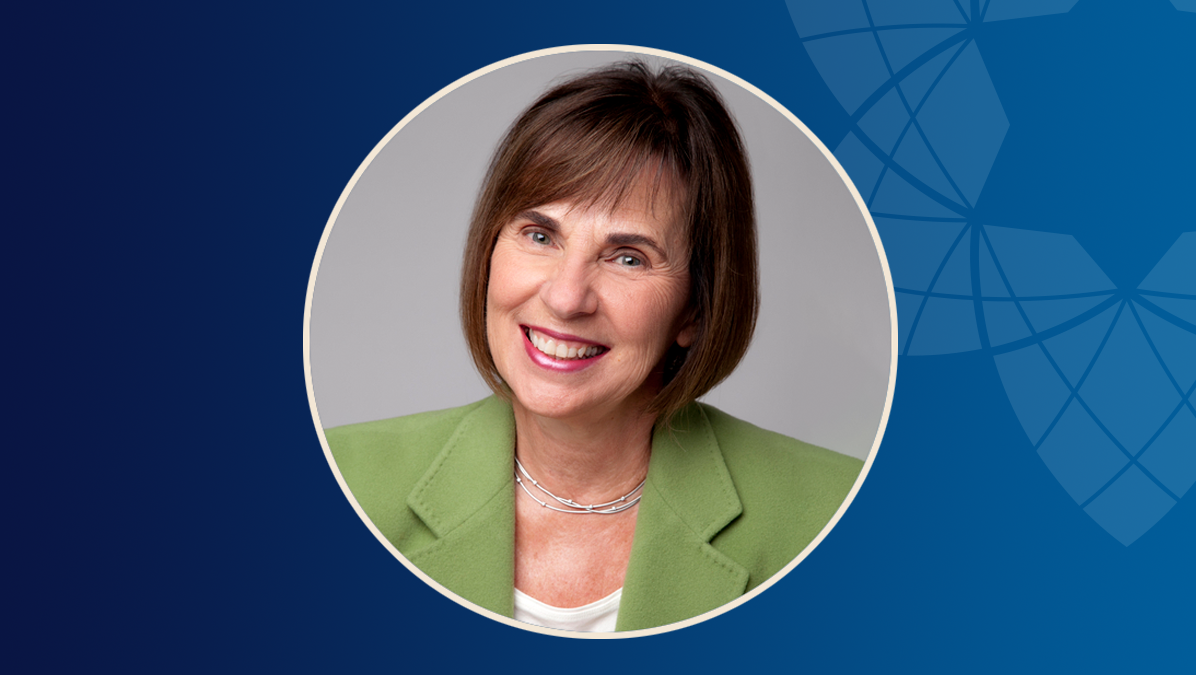
Years of Service: 3
Committee(s): Chair Day school Sub Committee, and Chair of CEO Advisory Committee
What did you know about Sam Israel before joining the board?
I did not have a personal connection to Sam. Although I did know about Sam’s work and in fact one of the very first consulting jobs that I had after I left the Jewish Day School, was with the Samis Foundation and the Jewish Federation. It was before Samis hired a CEO, so the meeting was with Al Maimon, Victor Alhadeff, Irwin Treiger z” l, Eli Genauer and Eddie Hasson and representatives from the Federation. The Samis Foundation formed around 1994, but they didn’t really know what they were going to do, and they didn’t have a professional at the helm when they began making grants. The Federation was giving out grants to some of the same institutions as Samis. Some of the institutions were creating capital campaigns and then both organizations were supporting the campaigns, but not coordinating their efforts. This was causing great friction, even though some of the people that were on the Samis Board had been on the Federation board too. But there was no procedure for the Federation and Samis to work together. I was hired by the Federation to sort of make peace between the parties. I met with representatives from both boards, and we worked together over a six-month period to put together an initial agreement on the parameters for communication.
When Rabbi Rob Toren was hired as Executive Director, the document we had drafted was not necessary. But I remember so clearly meeting Eddie Hasson. I was in his office, and I said to him “Well, what did Sam want? What was his mission?” Eddie opened his little file drawer and took out this loose-leaf paper that was typewritten from Sam on the 10 things that he wanted to support. Which we still of course honor today. For a while, that particular sheet of paper was framed and hung in the Samis office. I didn’t know Sam personally, but I got to know the Foundation early on.
What was your impression of Samis before joining the board? What were you surprised to discover as a trustee?
I got to meet the whole board when I went back to being the Head of School at the Jewish Day School. We were a recipient of Samis Foundation grants so most of my dealings with the board members were during the years that I was Head of School. As a grantee, I had to go through the process of applying for grants, coming to the committee, and inviting the committee to come out to see the school. Those interactions characterized my relations with the board.
Since joining Samis under Connie’s leadership, I’ve found the Foundation to be very organized and focused -. Doing a strategic plan was crucial for us. Rabbi Rob Toren as the first CEO was tasked with the awesome responsibility of forming an organization and then getting it to run. He worked with the very dedicated board members and made a huge impact on our community. Connie stepped into her role as CEO after serving on the board first. She and Dave Azose brought on new trustees from the community, Judy Neuman, Louis Treiger, and me. We had all served on many different boards in the community and are able to add new perspectives and experiences.
What was your path to joining the Samis Board?
I was approached and recruited to join the board by Lucy Pruzan. She’s moving onto the Emeritus Board, but she’s got to stay on and do this kind of work because she’s so so good at it. I’ve been approached to be on many boards, but to tell you “Can I approach you? Can I vet you? Can I talk to you? You can’t talk to other people about this; however, we may not choose you” That was it – that’s how you were vetted for Samis, and then she said, “We will keep your name in a file if you’re not the right person for now.” There’s something a little bit uncomfortable about that. Nobody can handle that situation as well as Lucy does.
When I was approached, I was really honored. In my mind, for my career, it was such the right next step. I’ve worked with day schools all my life. With PEJE (Partnership for Excellence in Jewish Education), all across North America, I have done consulting for so many different day schools. To come on the board and help with day school education is very gratifying. I told Lucy when she interviewed me how honored I was to even be asked. I was so pleased not only to be asked, but to be chosen, along with Louis and Judy, who are unbelievable people to work with.
What is the most meaningful story, event, or experience you can recall related to your service on the Samis Board?
I would say the real heartfelt desire of all of the board to see day schools succeed is most meaningful to me. I know that was what they wanted, and I know that they’ve always put money into it, but I think being on the board, meeting with people, and seeing the real angst people are feeling about institutions declining and feelings of responsibility that we need to do something to make this situation better and to do better with our own organization has been amazing. As I said, I knew it to be so, but to live within it has been really, really heartwarming. G-d willing, we can make it happen. It’s a big challenge to do all the work to get there. Thus far, a lot of great deep dive work has been done to make sure that we’re going in the right direction, and it has just been very inspiring to be a part of.
Which area of the Foundation’s philanthropy most resonates with you and why?
Day school resonates with me most because honestly, I don’t know of any other way to grow up and be immersed in an environment that supports who you are as a Jew. I didn’t expect it though. I didn’t think I would ever send my kids to a Jewish day school – never, never, never. And now I can’t imagine doing otherwise. My youngest daughter, lives on the East Coast and has no nearby day school. She and her husband send their daughter to a synagogue preschool and are excited that their little one is already so knowledgeable. My oldest daughter was often called up to read Torah at synagogue because she could do so effortlessly. Even my oldest son, who did not really practice Judaism in his adulthood, when he sits down for a Seder, he knows what to do. The Jewish education just becomes a part of who you are, so it’s my passion to support it.
I would say experiential education is my next interest. There are so many ways to reach kids and even adults in an experiential setting. Of all the training I’ve had as an adult, I would say those that have been really outstanding, have been experiential. It’s not just listening to a lecture. I think that’s an area that Samis can really fly with in the future.
In terms of Israel, I think from the time that I was involved in the community, I’ve made trips to Israel, and it seems to me the country is doing pretty well. I’m happy to still give money and certainly support the various organizations doing incredible work there, but I don’t think they are in as dire need as in the past.
How has serving on the Samis Board impacted your perspective on philanthropy and the Jewish community?
I don’t know how my perspective on philanthropy has changed other than if there’s a way to give and still have the people that are receiving be active in accepting that giving, that to me is the ultimate. We used to talk about it in the Jewish Education Council when we wanted to have a program for teachers and the teachers couldn’t afford it. But if the teachers paid nothing, then they signed up and they didn’t come. I think there has to be something on the other end of the receiving of the philanthropy that engages the people that are receiving it in whatever project they have going forward or whatever the organizational goal is. I think that would be one thing that I’ve learned.
I’m happy to say now that being retired, we’re at a point where our own personal philanthropy can be greater. I learned from asking people for a gift that if you touch people’s heart, that’s where the philanthropy comes from. That’s why I’m so pleased to be at Samis because I think we don’t just give away money. We make sure it’s really doing the job in whatever organization we’re giving to. Be it grants to Israel, experiential education, or day schools. I’m so looking forward to seeing the impact of our work in the future. To tell you the truth I’m kind of itching to see us proceeding forward in having a greater impact. I know I’m a little impatient and that if we’re going to revamp how we do things, we better pay close attention and do it right, because what we don’t want to do is just say “oh that’s a good idea, let’s try that.” We must really evaluate our options and hope that we’re doing it right.
Where do you envision the Seattle Jewish community ten or twenty years from now?
I can tell you what I’d like to see – and again it’s from our mouth to G-d’s ears – I’d like to see Seattle thriving. I’d like to see more people engaged. I’d like to see barriers come down. During the high holidays, this year I went to one service in person, but mostly I Zoomed. The good part of that is that you could Zoom into lots of different places, and you got a feeling for different synagogues in Seattle. In at least two synagogues I heard the younger rabbis talking about opening the gates a little wider in their own community. For me, that meant the LGBTQ members were not being recognized as openly and all sorts of people were not being recognized as openly. Rather people would say “What are you doing here? Not, welcome to our synagogue!” I think there’s probably a lot of work to be done there. I’d really like to see those barriers come down.
As a Head of School, I used to present a mezuzah to every bar/bat mitzvah that graduated from our day school or was in our day school during the nine years I was Vice Principal. I went to every single synagogue and there were some synagogues who said, “Please don’t come. Number one, you’re a woman and we don’t want you on the bimah, number two we’re not supportive of your day school.” I mean this wasn’t openly said to me, but I could read between the lines and basically, they just made it clear that “we don’t want you here.” But there were one or two synagogues in Seward Park, who were so welcoming and so wonderful and made such a big deal that somebody from a liberal day school and a woman would come to synagogue.
Now I feel some of those barriers coming down. Of course, I wouldn’t want anybody to be any less observant, but I would like them to be a little bit more welcoming. That’s what I’d like to see in 10 or 20 years. I’d also like to see Samis be inspirational and maybe a vanguard and doing some new programs that could help that. Because I think the people that are not engaging in the institutions that we have now would engage in something and we need to find out what that is, and then we need to promote it. I would like to see all young people feel like “yeah I want to go there, that’s a great thing to do with my kids.” I’d like to see a more cohesive community with more engaged Jews, and less barriers to their engagement.

